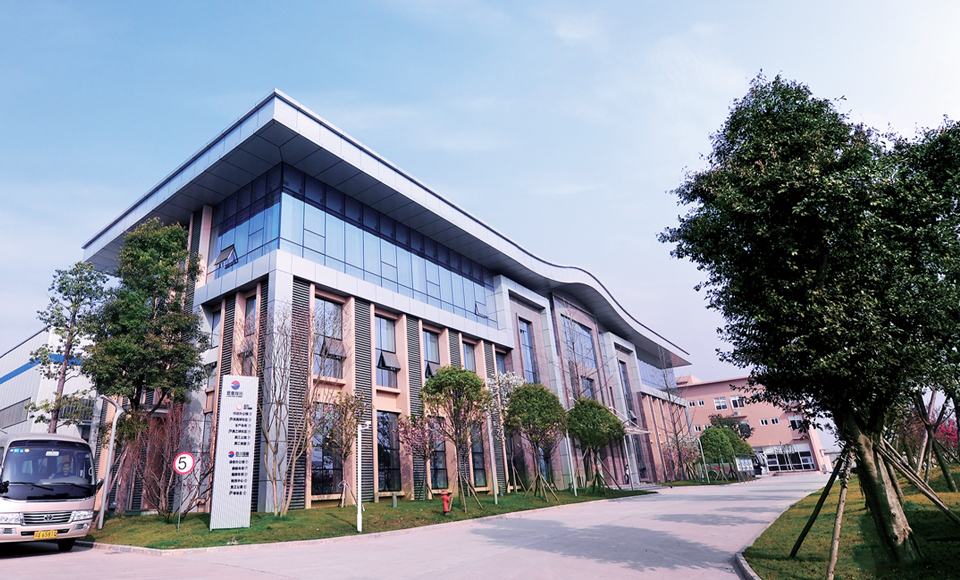
In the structure of modern society, power plants are far more than just large industrial facilities and machinery; they are the beating heart of modern civilization, the engine of economic progress, and the cornerstone of national and community security. Their importance transcends mere electricity production, profoundly influencing every aspect of our daily lives and the blueprint for future development.
First, power plants are the core engine of economic growth and development. The operation of any modern economy relies on a stable and adequate supply of electricity. The energy provided by power plants is crucial for driving the lifeblood of industry, whether it be manufacturing plants, data centers, agricultural processing, or mining. Reliable electricity is an indispensable element for production and value creation. Regions with robust modern power infrastructure can attract business investment, promote innovation, and create high-value job opportunities, thereby driving overall prosperity. From multinational corporations to local small businesses, every aspect of commercial activity relies on electricity for operations, lighting, and digital connectivity.
Second, power plants are critical to ensuring national and community resilience. A robust grid anchored by reliable power plants is the foundation of safety and resilience. Domestically sourced power reduces reliance on foreign energy imports, strengthening national security and insulating the economy from global price volatility. Modern power plants are carefully designed to provide stable baseload power, ensuring grid stability even during peak demand periods and preventing catastrophic blackouts. During crises, critical infrastructure such as hospitals, wastewater treatment facilities, and emergency services rely entirely on uninterrupted power to maintain operations.
Furthermore, power plants are a key driver of the transition to a sustainable future. Their importance today is closely linked to their environmental footprint. Modern solar, wind, and hydroelectric facilities can achieve zero-carbon emissions, directly addressing climate change. Even thermal power plants (such as those using natural gas and advanced technologies) have significantly improved efficiency, meaning they produce more electricity with less fuel while reducing emissions. Additionally, the shift toward decentralized and microgrid models often begins with smaller, more flexible power plants, enabling communities and businesses to manage their own sustainable energy production.
Ultimately, power plants greatly enhance quality of life and drive social development. Access to electricity is a key indicator of social progress. It has transformed human lifestyles by providing households with lighting, heating, cooling, food and medicine refrigeration, and modern appliances; connected the world by enabling communication, internet access, digital media education, and entertainment; and improved public health by powering clinics, driving medical equipment, and storing vaccines and life-saving medications.
In summary, the true significance of power plants lies not only in the megawatt-hours they generate but also in their profound impact on economic stability, national security, environmental management, and human potential. Investing in modern, efficient power generation facilities is investing in a stronger, more resilient, and sustainable shared future.

Copyright © Sichuan RongTeng Automation Equipment Co., Ltd. — Privacy Policy